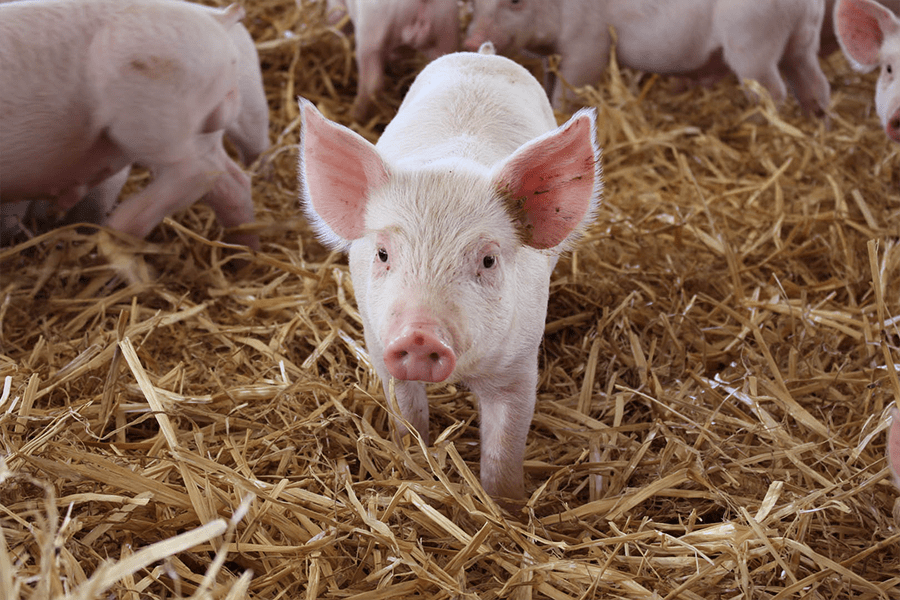We use cookies to give you a better experience on our website. Learn more about how we use cookies and how you can select your preferences.
How Australian research is transforming pig welfare

In commercial pig farming, the tails of piglets are often removed a few days after birth. This practice, known as tail docking, is common worldwide. In Australia, almost 90% of piglets have their tails docked. The aim is to reduce tail biting, which can cause infection and harm pig health.
Tail biting increases costs for farmers through prevention measures and veterinary care. It also impacts growth and weight gain in affected pigs, reducing profits. This is a welfare and an economic issue for the pork industry, estimated to cost almost $20 million each year.
Working together
A $2.9 million Cooperative Research Centres Project (CRC-P) grant has enabled SunPork, industry and research partners, including RSPCA Australia, to address this complex issue.
This project is a significant collaboration for the Australia pork industry. It brings industry, universities, RSPCA, Australasian Pork Research Institute Ltd (APRIL) and Australian Pork Limited together to address a significant issue. The benefits from this collaboration have been invaluable
The project compiled data from nearly 80,000 pigs to identify potential causes of tail biting. They reviewed previous studies and examined genetic and non-genetic factors. They also looked at Australian conditions, such as climate and pig behaviour.
The Decision Support Tool
From the research, they developed a Decision Support Tool that will help identify potential issues and predict patterns in pig behaviour. The tool will help pig producers determine risks. It offers tailored information, visual cues, and reports to support management decisions. Research is ongoing but early outcomes from this project will give confidence to Australian producers to transition away from tail docking and improve pig welfare.
Helping the industry to rear pigs with intact tails will improve overall standards of pig care and welfare. It will increase market access for Australian pork, and economic returns for Australian pig farmers.
Further information
-
Find out more about the Cooperative Research Centres Projects (CRC-P) grant opportunity.
Cooperative Research Centres Projects (CRCP) Grants